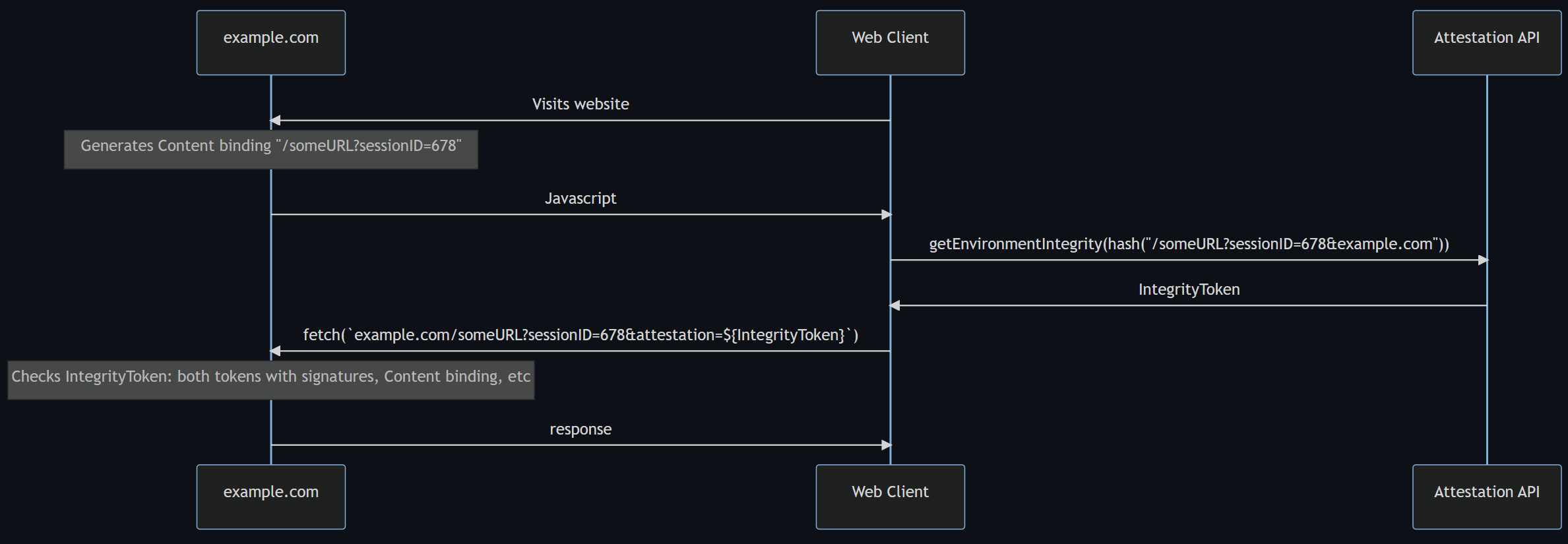The big picture: Google has been trying to implement plans to move beyond cookies for years without denying its partners the means to sell targeted ads, which form the backbone of the company's revenue. However, one recent proposal to guarantee user privacy and security could come at the cost of freedom of functionality.
Some Google employees recently authored a GitHub page describing a new API that could redefine the relationship between websites and clients. It could replace the need for controversial cookies. However, it could also restrict browsers, plugins, or extensions.
The company has been working to phase out cookies since 2020, proposing to replace them with Trust Tokens and a Privacy Sandbox system. The former would provide advertisers with limited user information while encrypting personal data so no one can see it.
Google initially planned to implement the change for its general user base by now. However, it recently proposed to switch off third-party cookies by the end of next year. The Privacy Sandbox, which utilizes various technologies to balance advertiser needs and user privacy, is currently in testing for beta users.
Click to enlarge
The new proposal details "Web Environment Integrity," which would use what sounds like Trust Tokens to ensure that the client viewing a website is a human without revealing too much about them. Google suggests the system could be an alternative to captchas and other solutions that websites utilize to block bots, online game cheaters, and other malicious actors.
However, the GitHub page admits that servers could use the tokens to block visitors based on what they're using to access a site. The result could theoretically be DRM prohibiting ad blockers, extensions, or modified operating systems.
Aside from its goal to replace cookies, Google has also harbored ambitions to stop ad blocking but has been forced to delay them repeatedly. The Web Environment Integrity proposal stresses that the company doesn't want to let websites block extensions or other plugins. However, it's too early to tell whether users should trust those assurances.
So far, the proposal hasn't appeared anywhere but GitHub, so there's no evidence that Google has or will officially implement it. Although, it could be an indicator of the general direction Google is heading with its Chrome browser.
Companies like Mozilla and Apple want to block advertisers more aggressively, prioritizing user privacy. Google has defended its stance by suggesting that attempts at total blockage would encourage advertisers to obtain personal data using sneakier tactics like fingerprinting and that it's better to meet them above board.

